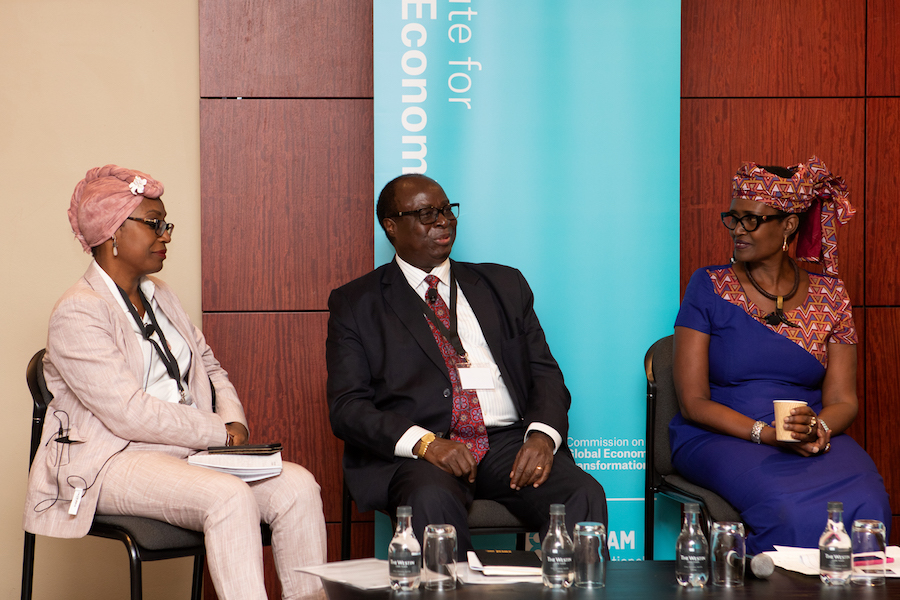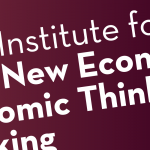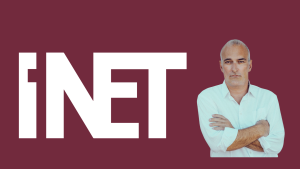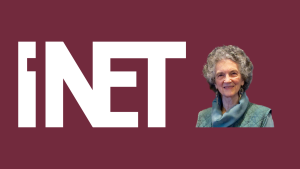An update from the meeting of the Commission on Global Economic Transformation (CGET) in Cape Town
On September 3rd, INET’s Commission on Global Economic Transformation organized a strategic dialogue in Cape Town, on Africa’s Economic Transformation: Tackling Inequality, Building Sustainability, in partnership with Oxfam. The dialogue brought together a variety of leaders for a visionary, solution-oriented discussion focused on addressing extreme and widening economic inequality and outlining the kind of economic transformations urgently needed across the African continent. It took place the day before the annual World Economic Forum (WEF) Africa conference which had as its theme Shaping Inclusive Growth and Shared Futures in the Fourth Industrial Revolution.
CGET’s commissioners Winnie Byanyima and Fatima Denton co-led the strategic dialogue organized around 4 roundtables (economic transformation and jobs; education and technology transformation; environment and climate change: budget and tax revenue management). Each roundtable included six to eight representatives from civil society, academia, policymakers, international organisations and NGOs from across Africa. Participants focused on different issues relevant to inequality, and ways to build a human-focused economy – with each roundtable asked to put forward “3 achievable visionary solutions that African leaders and policymakers should get behind to foster greater economic equality and to drive an economic and social transformation in Africa”. The format of the engagement ensured everyone’s participation and perspectives fed into the dialogue.
Key topics and solutions that came out of the dialogue included:
- Economic transformation across Africa is patchy, with some countries demonstrating remarkable growth rates. But high growth is often accompanied by poor distribution of benefits. As the recent backlash against globalization makes clear, policymakers cannot simply assume that gains from trade will be equitably distributed, even when in aggregate their magnitude justifies some degree of liberalization. Explicit attention must be paid to the interests of the economically weakest countries and the most vulnerable groups, namely women, youth, rural smallholders and small and medium-sized enterprises (SMEs). Special and differential treatment and targeted measures are needed, such as job retraining, social protection and simplified documentation requirements.
- We have plenty of ideas for economic transformation but lack the means to make them happen. Institutions are key to getting things done. But current institutions are not fit for dealing with the problems of today, which are more complex, transboundary and multi-level. Institutions need to be responsive and adaptive, since pursuit of justice and equality demands a different kind of institutional design. They need continuous investment so that people, norms and systems respond to today’s priorities.
- Decentralised development offers a better pathway for addressing sustainable and inclusive development. We should move from a few massive projects to lots of smaller ones. Local development needs stable forms of finance, able to respond to local knowledge and priorities.
- African nations have huge abundance of natural resources which could power broad-based development for all. But the extractivist trend of many African economies needs re-thinking as it is leading to environment destruction, with few people reaping the benefits. We need a different model, a new economy which operates with different rules, and doesn’t just focus on output but how this output is generated. The 2019 IPCC report on land showed the rising degradation and depletion of resources, which must be reversed.
- Every African government has an Industrialisation strategy at the heart of its economic growth plan. But a single-minded focus on industrialisation does not make sense, as jobs come from many other activities. Technology certainly brings unexpected opportunities as well as risks, but the doomsday scenarios of automation and mass job losses are unlikely. Jobs can be taken to where the poor are, rather than making everyone move to urban areas. However, it’s not automatic that technology will bring these benefits. Governments need to get “digital ready” to make the most of opportunities.
- Data technology for information sharing is key. The best solutions use local data and capabilities, and deliver locally. Fancy solutions coming from outside are not the best way to solve African issues. It is imperative for African governments to invest more in education and training of young Africans, so they can deliver on their ambitions.
- Africa needs a technical body that can coordinate tax harmonisation. This could be an African Union platform where sovereign African countries collaborate and tackle harmful tax competition among African countries, which leads to huge losses of revenue.
- African countries should make a virtue of late-comer status, so they can leap-frog dirty development phases. They have far fewer high carbon assets and interests, so can make the shift to a low carbon economy more easily. But this focus on carbon must be aligned with a people-centred economy, which is resilient to growing climate shocks.
This strategic dialogue and its outcomes are key components of the Commission’s Africa roadmap. Next steps include a series of hearings and events in Dakar (Senegal); Addis Ababa (Ethiopia), and Accra (Ghana) on issues of natural resource management, industrialization and youth in Africa.







